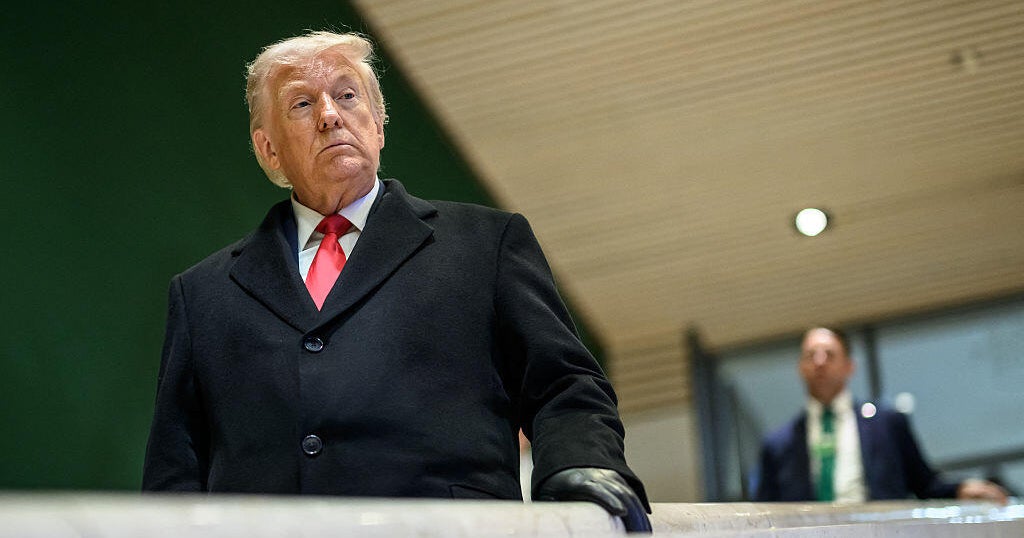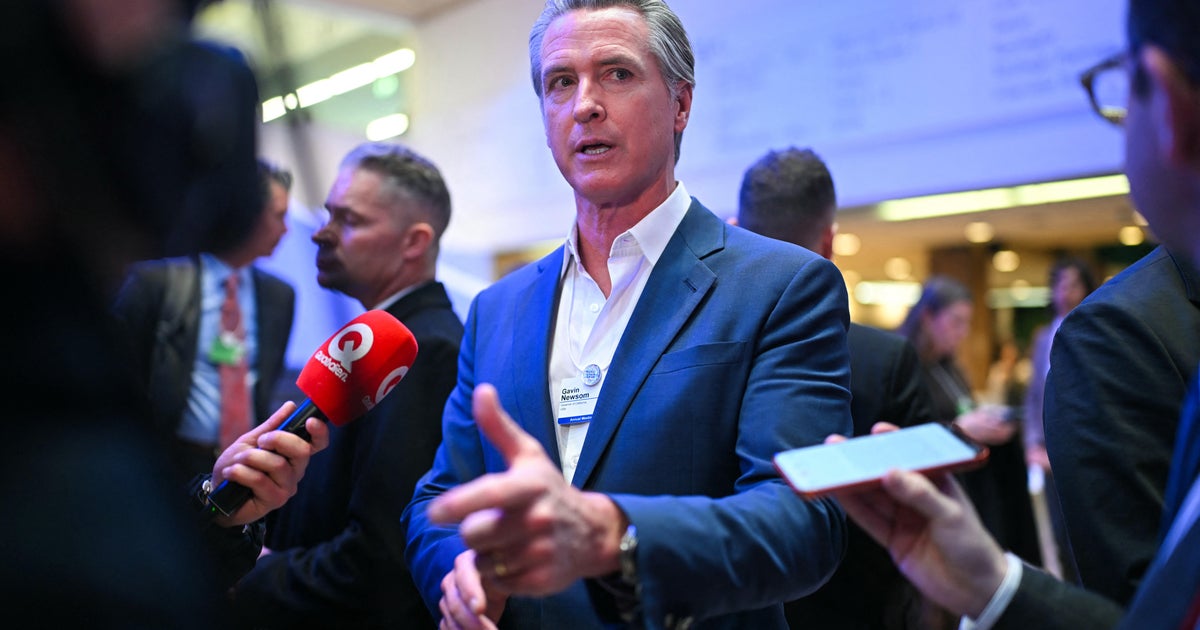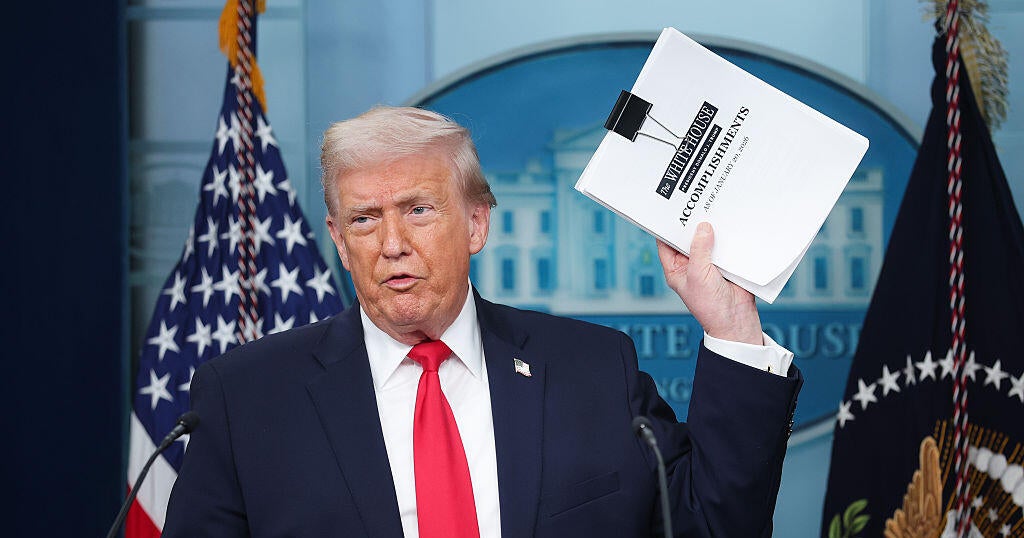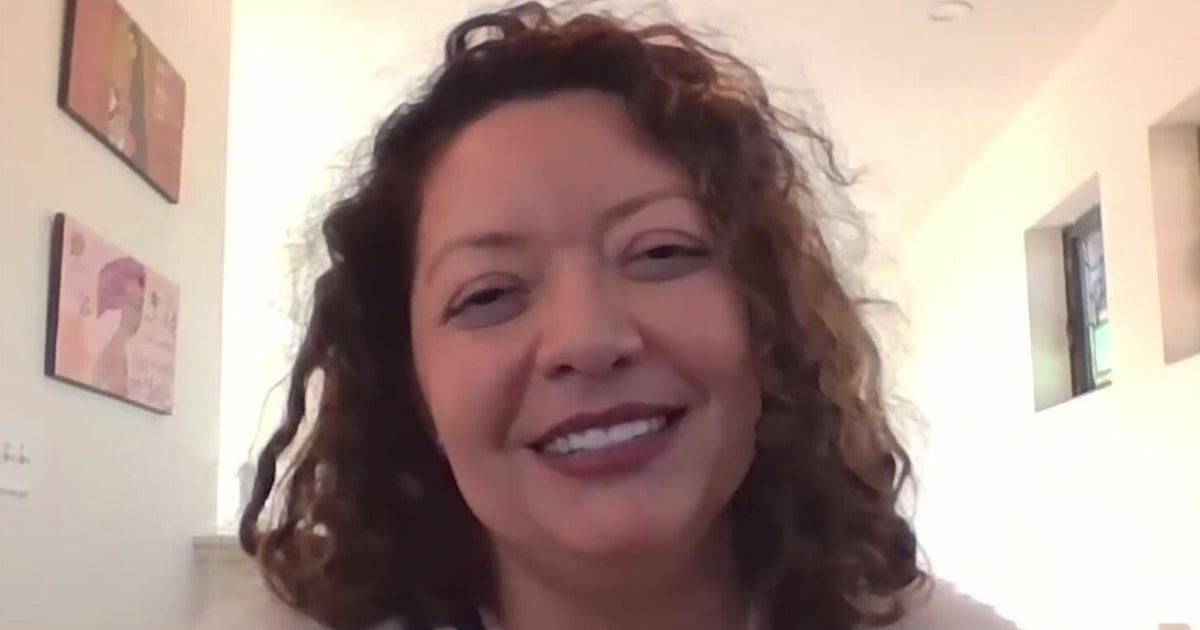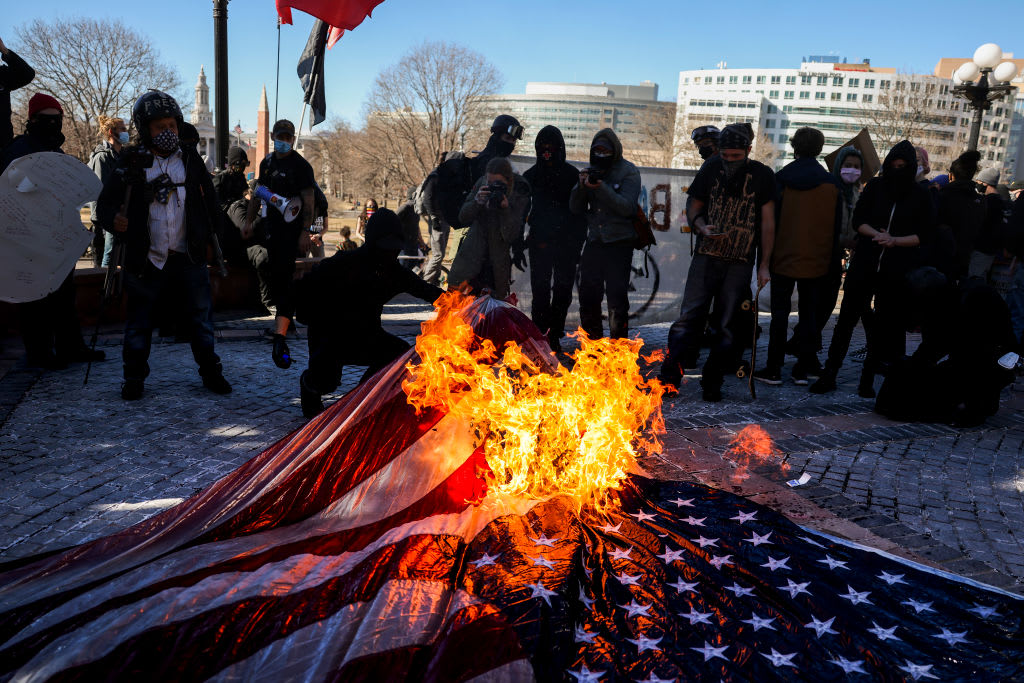Trump urges nation to condemn "white supremacy" and find "bipartisan solutions"
President Trump called out "white supremacy" by name Monday and urged the nation to condemn it with one voice in the wake of the mass shooting in El Paso, Texas, and the racist manifesto authorities believe the suspect posted shortly beforehand.
"In one voice, our nation must condemn racism, bigotry, and white supremacy. These sinister ideologies must be defeated. Hate has no place in America," the president said in a speech Monday in the White House Diplomatic room.
Mr. Trump called for "bipartisan solutions" after the weekend's mass shootings in El Paso and in Dayton, Ohio. Although the president didn't specifically call for new restrictions on guns, he did reiterate his support for "red flag" laws to keep guns out of the hands of people who appear to pose an imminent threat. But he did not call for stricter background checks, as he had suggested in a tweet earlier in the day.
The president also directed the Justice Department to propose legislation, so that those who commit hate crimes and mass murders face the death penalty "quickly" and "decisively," "without years of delay. He also urged social media companies to catch threats before they're actualized.
"We ask God in heaven to ease the anguish of those who suffer and we vow to act with urgent resolve," the president said.
The president also called for an end to — or substantial reduction of — the "glorification" of violence in "gruesome and grisly" video game culture.
Mr. Trump, who on Twitter Monday morning suggested linking legislation on stricter background checks and immigration reform legislation, said in his remarks hours later that it is hatred and mental illness that pull the trigger, not guns. The president said he is "open and ready to listen" for ways to prevent mass shootings.
Near the end of his remarks, the president misspoke, saying, "May God bless the memory of those who perished in Toledo," instead of Dayton, where Sunday's shooting occurred. It's unclear whether the teleprompter was incorrect, or whether the president misspoke on his own.
"America will rise to the challenge. We will always have and we always will, win," the president said to conclude his speech. "The choice is ours, and ours alone. it is not up to mentally ill monsters, it is up to us. If we are able to pass great legislation after all of these years, we will ensure that those who were attacked will not have died in vain."
But the path forward for any significant change is unclear. Senate Minority Leader Chuck Schumer has urged Senate Majority Leader Mitch McConnell to call the Senate back from August recess to address gun violence. But Republicans have long been hesitant to pass any additional laws restricting gun ownership.
Critics had wondered whether Mr. Trump would call out white supremacy by name to address the El Paso suspect's manifesto. The president will still face questions from reporters this week about his own past rhetoric that critics say has fueled racial hatred in American culture.
Former Rep. Beto O'Rourke drew a direct connection between the president's rhetoric on immigration and the possible motives of the white man suspected of killing 20 people in the border city Saturday.
"I mean, connect the dots about what he's been doing in this country," O'Rourke said of President Trump in an interview with CNN Monday. "He's not tolerating racism — he's promoting racism. He's not tolerating violence — he's inciting racism and violence in this country."
